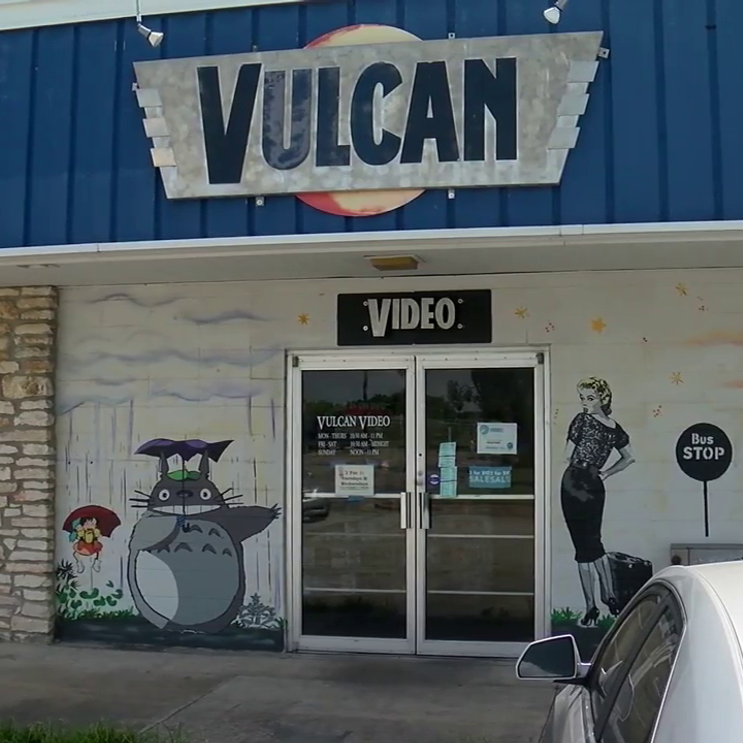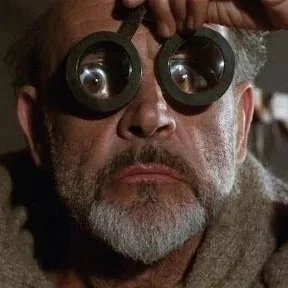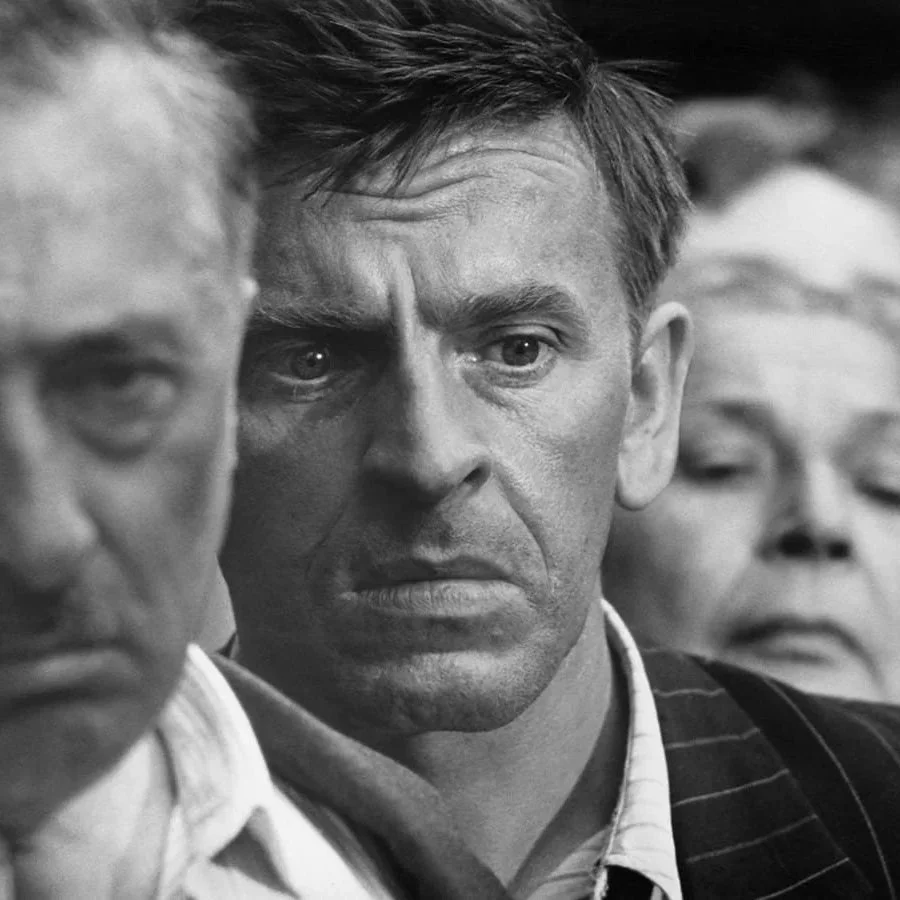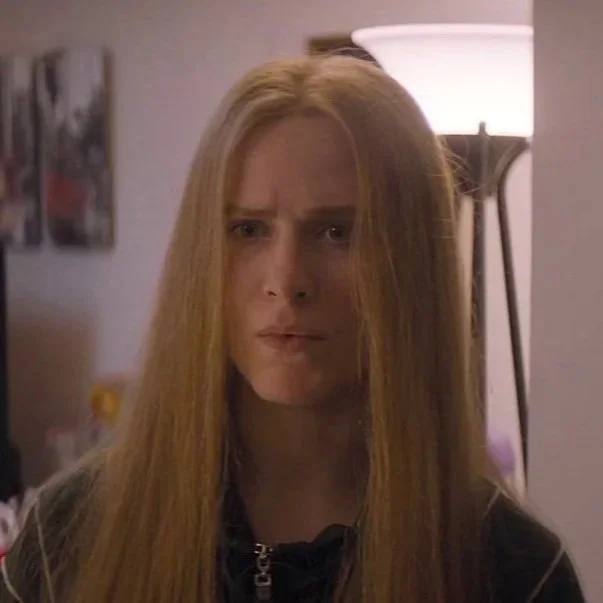This article is written to encourage others to endeavor upon their own movie quests via physical media, for there are adventures to be had and treasure to be discovered.
Read MoreJon Bois' documentaries often come close to scratching that itch for me. Through the use of charts, graphs, Google Earth satellite imagery, newspaper clippings, and the very occasional photo or brief footage, Bois and his collaborators stitch disparate lives into a grand narrative that means so much more than it seems.
Read MoreKPop Demon Hunters is most incredible in its unabashed humanism.
Read MoreThe Name of the Rose’s status as an arthouse mystery remains firmly intact. Annaud’s masterful direction of the medieval atmosphere and its commanding performances are central to its legacy.
Read MoreThis classic absolutely deserved its win for Best Foreign Language film at the 1965 Academy Awards.
Read MoreAnno's commentary is neither moralistic nor celebratory towards digital video. It is, as all of his work is, rooted in a deep empathy that finds a spark of hope within a pit of blue-black despair.
Read MoreTwo women, separated by centuries and circumstance, enact the same ritual: to remain nothing but themselves, no matter how lonely the weather.
Read MoreWhile other horror franchises churned out slop or went to space to stay top of mind, one franchise understood the long game and continuously evolved.
Read MoreLinklater is seen as a figurehead for independent cinema, and one of the biggest reasons for this title is the excitement that his films carry. They are rebellious and staunchly against popular films of their time. However, this excitement is not the sum of perfectly precise plotting with never-coulda-seen-it-coming twists—it instead comes from a distinct abandonment of these elements.
Read MoreMartin Scorsese’s gangster films are well known for exploring masculinity (toxic or otherwise) and the role it plays in the lives of men and their loved ones and enemies. In the 1973 film Mean Streets, the level of masculinity one has is inversely proportional to how mature one is.
Read MoreA retrospective on the short(er) films of J-horror maestro Kiyoshi Kurosawa.
Read MoreWith the opening of 1986’s A Better Tomorrow, director John Woo and star Chow Yun Fat captured “cool” with skill and style that very few have been able to match since.
Read MoreThe actor who has consistently caught my eye as a possible contender for the romantic lead we need in the modern era is none other than Jack Quaid.
Read MoreOrlando, My Political Biography is a documentary-of-sorts, exploring Virginia Woolf’s Orlando through interviews with transgender folks and narration from Preciado in the form of a letter to Virginia Woolf. Each of the 26 subjects introduces themselves as “playing the role of Orlando,” Orlando becoming a stand-in for transgender subjectivity. As Preciado is Orlando, so is he, so is she, so are they. The title of the film is instructive: it is Preciado’s “political biography”–not an autobiography, but a tapestry of trans experiences united under the concept of Orlando.
Read MoreAll things being equal, not dealing with heavy cans of fragile film reels seems ideal for people in the business of showing movies. So who still does this and why?
Read MoreIt’s summer in Texas, so we all need something to do after we’ve been forced inside by the sun’s ultraviolet laser beams.
Read MoreIn particular, Murray’s 1976 music criticism masterpiece, Stomping the Blues, makes the case for the syncretic spiritual power of the blues in a way that Coogler appears anxious to make: That there is a magic, a power, an incontrovertible life-giving energy to the blues not only as music but as a way of life.
Read MoreIf you ask someone for a recommendation for a “sciency” film you usually get one of two types of recommendations: “experiments gone wrong,” or “scientific exploration.” The second often falls in line with the notion of Scientific Fiction.
Read MoreThe Trip can be enjoyed because we should be able to enjoy a film for exactly what films are at their core: visually stimulating moving pictures that we resonate with.
Read MoreThe story of Vin Diesel is one of constant creation. From Mark Sinclair—the bouncer rejected by LA—to Vin Diesel, Hollywood superstar and action-film juggernaut.
Read More



















